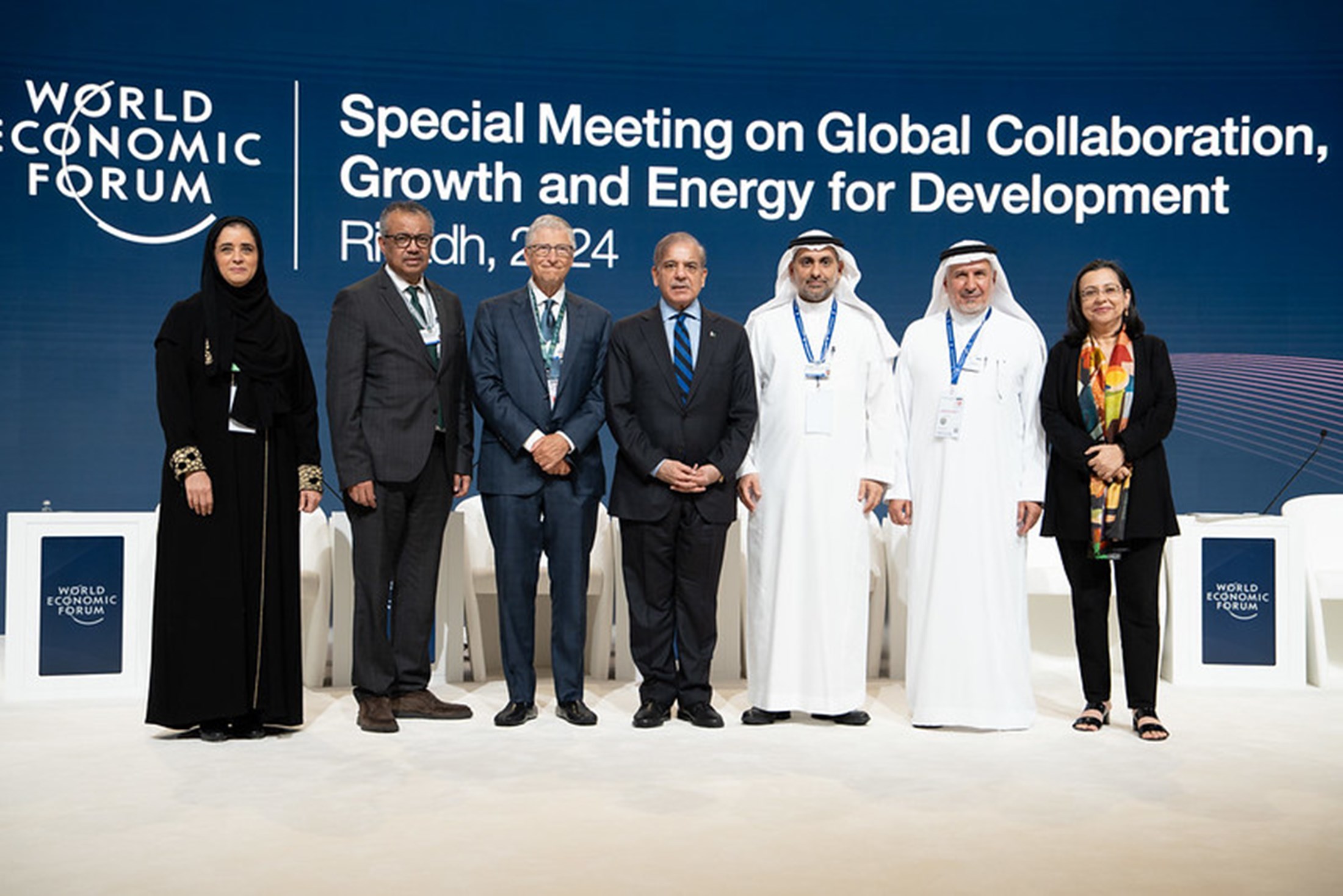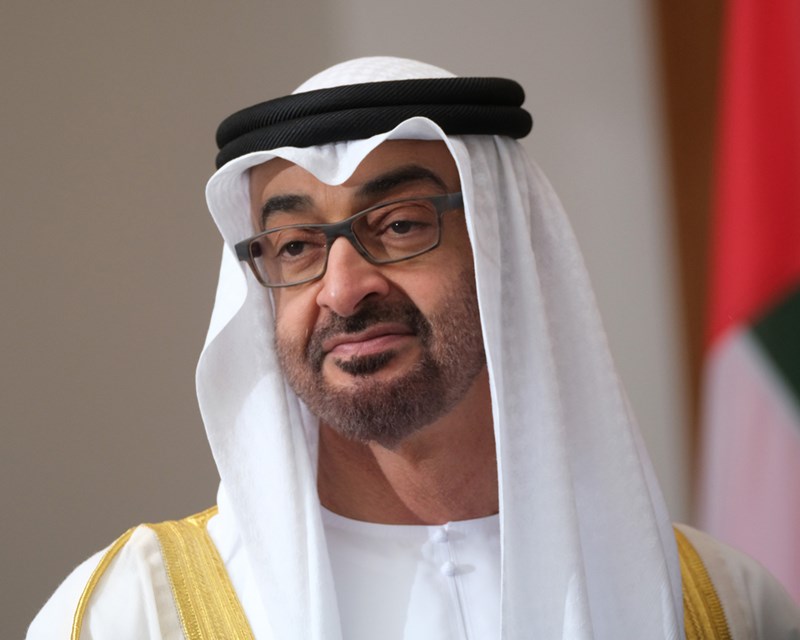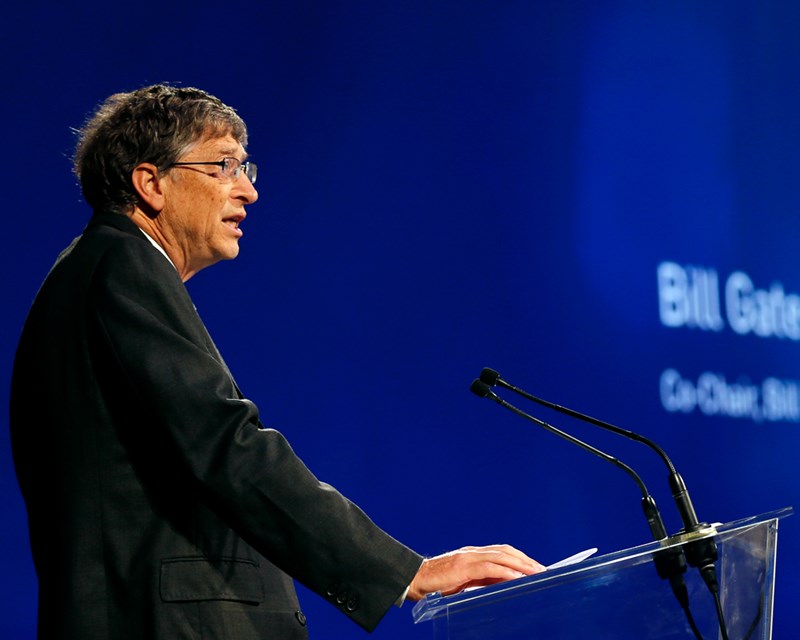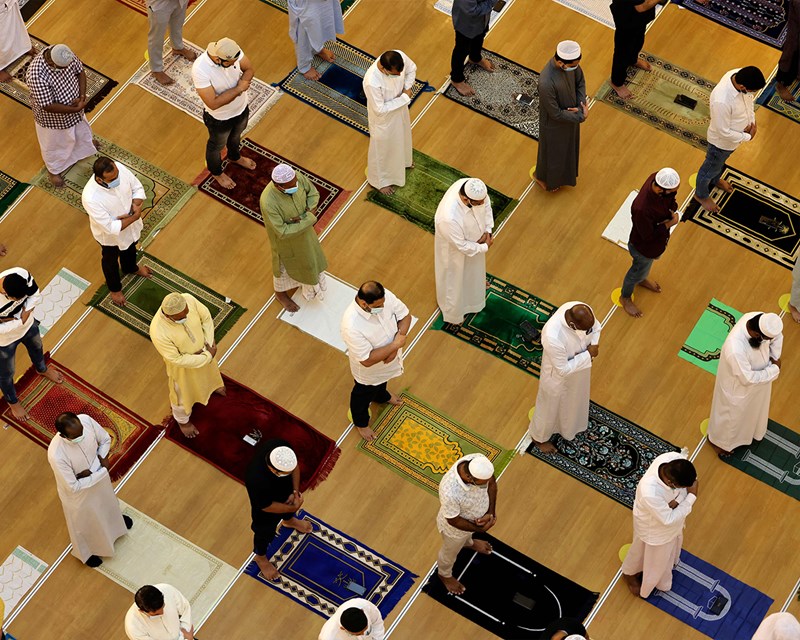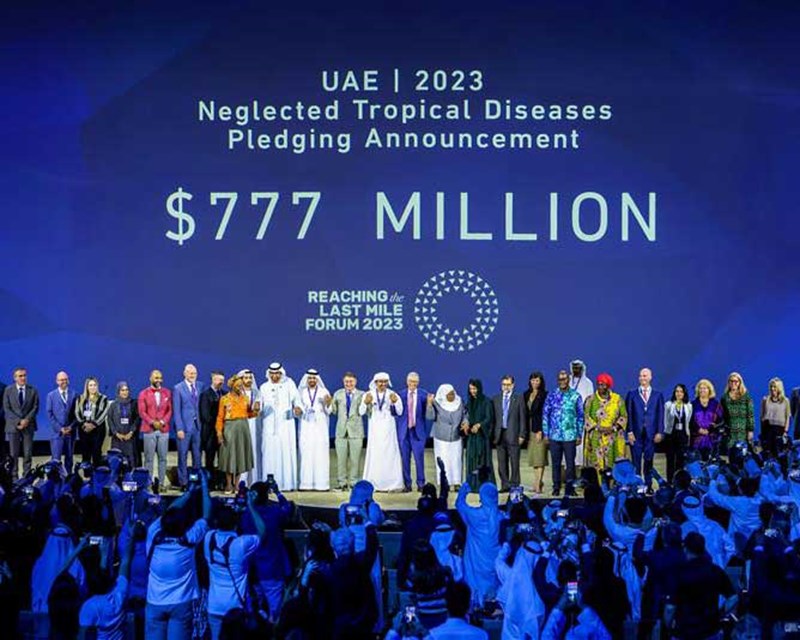Saudi Arabia has announced a new partnership with the Bill & Melinda Gates Foundation (BMGF) with major new funding commitments towards ending polio, fighting poverty, helping the Gaza relief effort, and strengthening the Kingdom’s nonprofit sector.
During April’s World Economic Forum (WEF) Special Meeting in Riyadh, the Gulf government pledged US$500million over the next five years to the Global Polio Eradication Initiative (GEPI), a public-private partnership led by national governments with six partners, including the Bill & Melinda Gates Foundation.
This is the largest multi-year pledge by a sovereign donor towards the current GPEI strategy, ensuring that essential health services are provided to hundreds of millions of children each year. The money will support the World Health Organization (WHO) and UNICEF deliver polio vaccines for underserved populations in Afghanistan and Pakistan, the final two countries where polio remains.
Saudi Arabia and the BMGF also pledged $3m and $15m (respectively) over three years towards the Polio Legacy Challenge, a results-based financing initiative, administered by the Islamic Development Bank (IsDB) to help strengthen Afghanistan’s health systems and incentivise a continued focus on polio eradication.
“This global health investment will help strengthen and build more resilient health systems and communities, at a time of multiple crises around the world, said BMGF co-chair Bill Gates.
Speaking at the WEF meeting in Riyadh, he added: “Polio is a horrific disease that deserves to be in the history books once and for all. I am proud to see the Kingdom of Saudi Arabia, together with partners across the Middle East, step up to help deliver more polio vaccines, measles immunisations, and other vital health services to millions of children every year.

